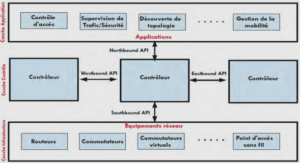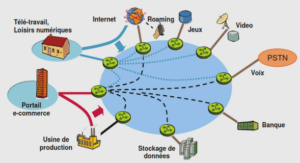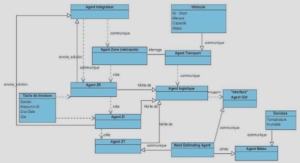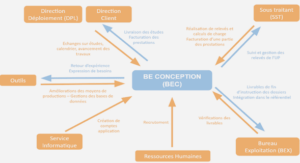Course business formation and entrepreneurship, tutoriel & guide de travaux pratiques business succession en pdf.
Basic Principles
Although the term “entrepreneurship” has many definitions and interpretations, there are a few points that are often mentioned when defining entrepreneurship, such as:
Identification of business potentials Innovation orientation Acquisition of resources
In that sense, the entrepreneur, from French: “a person that undertakes something”, distinguishes himself clearly from the classical manager.
Whereas the manager guides and develops a company based on existing structures and resources, the entrepreneur concentrates himself on: the identification of entrepreneurial opportunities and the creation of conditions allowing their implementation through the acquisition of the necessary resources (financial and physical means, technology and human resources).
The same “entrepreneurial spirit” may also be found in existing, well-established companies. People animated by this spirit are generally called “intrapreneurs”.
One of the decisive elements for the success of an entrepreneur is his/her capability to realize that formation and operation processes need to be permanently adapted on all functional levels to respond to the requirements of the different development stages of the company.
As shown in the figure below illustrating the ideal enterprise and/or a product life cycle, every company and/or every product or service innovation goes through different stages from the business idea to its development, each of which confronting the entrepreneur with different challenges.
……..






